It is impossible to think of Chinese modernist writing without the contributions of Eileen Chang, the Shanghai-born chronicler of twentieth-century social tumult, migrancy, urban dynamism, womanhood, and love. Across genres and languages, Chang’s work searches and breaches the intrinsic divides of society and culture to construct complex emotional architectures that are no less universal for their specificity, culminating in a body of work that coheres her various continents with perspicacity instead of generalization, centralizing the vital contemporaneous themes of fate, agency, and change. The collection Time Tunnel, a gathering of both stories and essays, illuminates the writer’s singular capacity to find the tenuous human threads that anchor down a restless era, evincing that nothing holds time together as much as living through it.
The Asymptote Book Club aspires to bring the best in translated fiction every month to readers around the world. You can sign up to receive next month’s selection on our website for as little as USD20 per book; once you’re a member, join our Facebook group for exclusive book club discussions and receive invitations to our members-only Zoom interviews with the author or the translator of each title.
Time Tunnel by Eileen Chang, translated from the Chinese by Karen S. Kingsbury and Jie Zhang, New York Review Books, 2025
Eileen Chang’s lifelong literary project was, in essence, an extended act of self-translation and a continuous rewriting of identity—not only between languages, but across the seams of time and space. This ethos is threaded throughout the collection Time Tunnel, which takes its title and central metaphor from the story “Blossoms Afloat, Flowers Adrift” 浮花浪蕊:
… 时间旅行的圆筒形隧道,脚下滑溜溜的不好走,走着有些脚软。
. . . time travel’s round tunnel, slick underfoot and hard to walk on, feet went a little wobbly there.
The image gives shape to the collection and its stories and essays from across Chang’s career—including a hitherto unpublished manuscript from her husband’s papers, pieces translated from Chinese, as well as ones composed directly in English, mapping a landscape of displacement. As such, this tunnel is not a futuristic passage, but—as the translators Karen S. Kingsbury and Jie Zhang point out—“can only run backward,” pulling the characters and narrators into a precarious suspension between the author’s native Shanghai and an adopted America, between memory in the mother tongue and expression in another, between a haunted, bygone past and an un-belonging, unmoored present. This collection is a map of the footsteps left inside that tunnel: the subtle, often painful geographies of that in-between state. READ MORE…

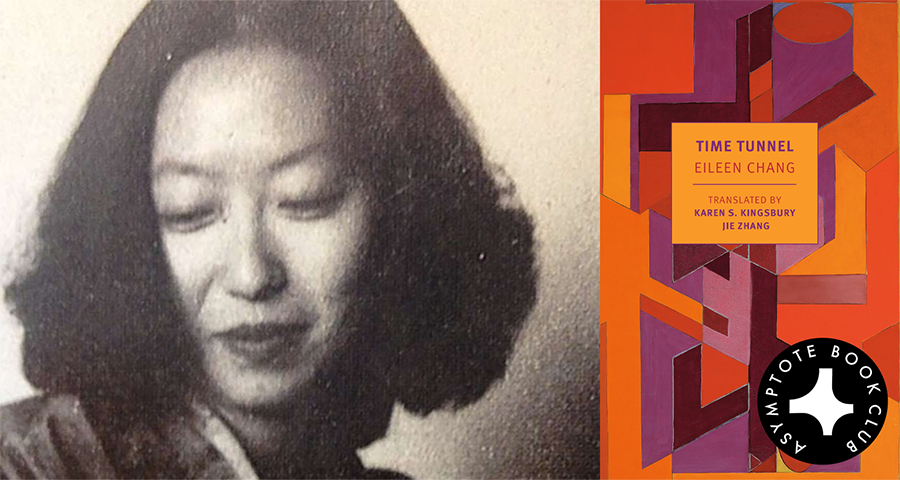
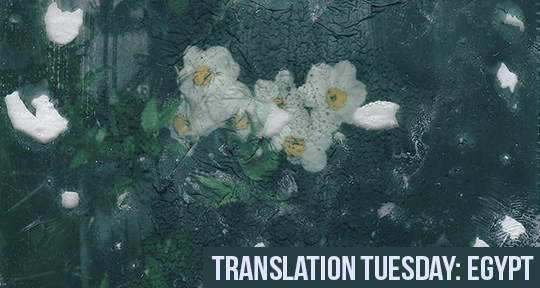
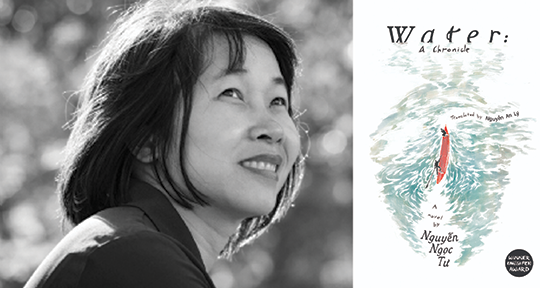
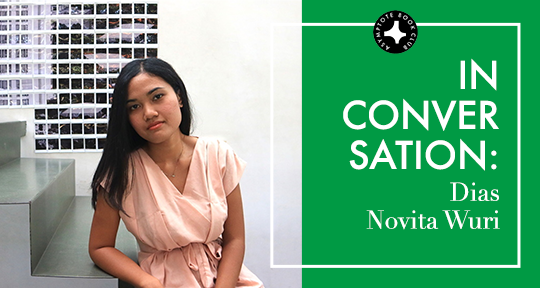
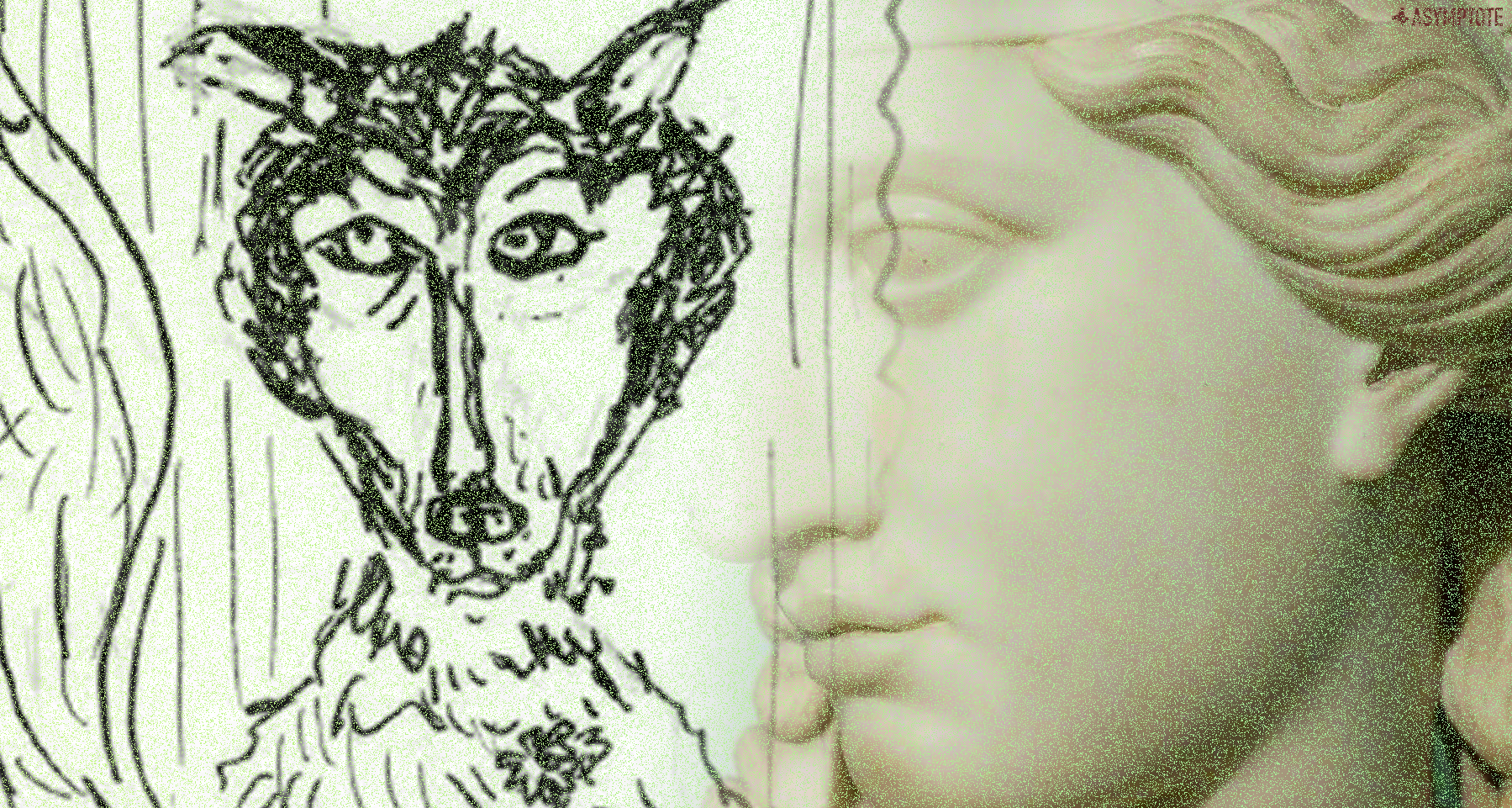


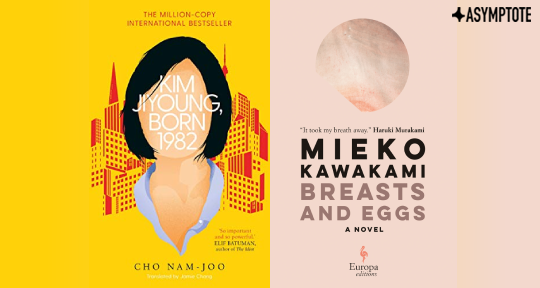


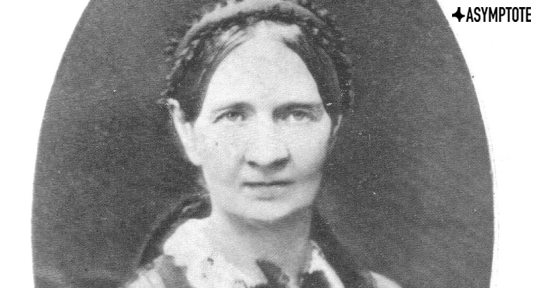
What’s New in Translation: August 2021
New work this month from Lebanon and India!
The speed by which text travels is both a great fortune and a conundrum of our present days. As information and knowledge are transmitted in unthinkable immediacy, our capacity for receiving and comprehending worldly events is continuously challenged and reconstituted. It is, then, a great privilege to be able to sit down with a book that coherently and absorbingly sorts through the things that have happened. This month, we bring you two works that deal with the events of history with both clarity and intimacy. One a compelling, diaristic account of the devastating Beirut explosion of last year, and one a sensitive, sensual novel that delves into a woman’s life as she carries the trauma of Indian Partition. Read on to find out more.
Beirut 2020: Diary of the Collapse by Charif Majdalani, translated from French by Ruth Diver, Other Press, 2021
Review by Alex Tan, Assistant Editor
There’s a peculiar whiplash that comes from seeing the words “social distancing” in a newly published book, even if—as in the case of Charif Majdalani’s Beirut 2020: Diary of the Collapse—the reader is primed from the outset to anticipate an account of the pandemic’s devastations. For anyone to claim the discernment of hindsight feels all too premature—wrong, even, when there isn’t yet an aftermath to speak from.
But Majdalani’s testimony of disintegration, a compelling mélange of memoir and historical reckoning in Ruth Diver’s clear-eyed English translation, contains no such pretension. In the collective memory of 2020 as experienced by those in Beirut, Lebanon, the COVID-19 pandemic serves merely as stage lighting. It casts its eerie glow on the far deeper fractures within a country riven by “untrammelled liberalism” and “the endemic corruption of the ruling classes.”
Majdalani is great at conjuring an atmosphere of unease, the sense that something is about to give. And something, indeed, does; on August 4, 2020, a massive explosion of ammonium nitrate at the Port of Beirut shattered the lives of hundreds of thousands of people. A whole city collapsed, Majdalani repeatedly emphasises, in all of five seconds.
That cataclysmic event structures the diary’s chronology. Regardless of how much one knows of Lebanon’s troubled past, the succession of dates gathers an ominous velocity, hurtling toward its doomed end. Yet the text’s desultory form, delivering in poignant fragments day by elastic day, hour by ordinary hour, preserves an essential uncertainty—perhaps even a hope that the future might yet be otherwise.
Like the diary-writer, we intimate that the centre cannot hold, but cannot pinpoint exactly where or how. It is customary, in Lebanon, for things to be falling apart. Majdalani directs paranoia at opaque machinations first designated as mechanisms of “chance,” and later diagnosed as the “excessive factionalism” of a “caste of oligarchs in power.” Elsewhere, he christens them “warlords.” The two are practically synonymous in the book’s moral universe. Indeed, Beirut 2020’s lexicon frequently relies, for figures of powerlessness and governmental conspiracy, on a pantheon of supernatural beings. Soothsayers, Homeric gods, djinn, and ghosts make cameos in its metaphorical phantasmagoria. In the face of the indifferent quasi-divine, Lebanon’s lesser inhabitants can only speculate endlessly about the “shameless lies and pantomimes” produced with impunity. READ MORE…
Contributors:- Alex Tan
, - Fairuza Hanun
; Languages: - French
, - Hindi
; Places: - India
, - Lebanon
; Writers: - Charif Majdalani
, - Geetanjali Shree
; Tags: - Beirut 2020 explosion
, - diary
, - disaster
, - Indian Partition
, - motherhood
, - recovery
, - social commentary
, - trauma
, - womanhood